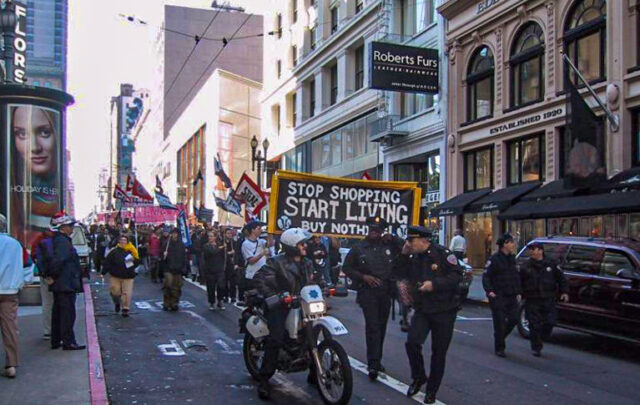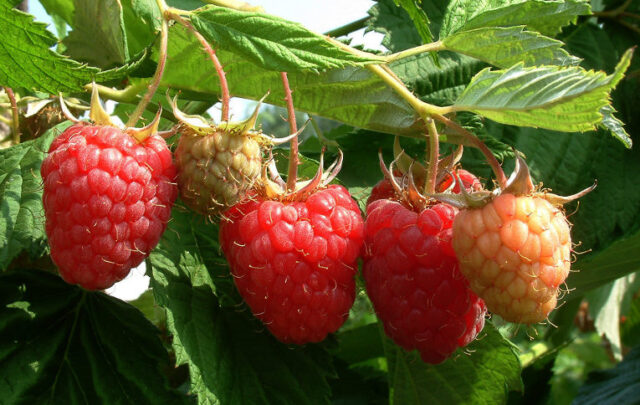Paul Mobbs is an independent environmental consultant, investigator, author and lecturer, and maintains the Free Range Activism Website (FRAW).
‘The Collapse of Complex Societies’
Looking to civilisations of the past from our existence today, clearly history does not precisely repeat itself; but it certainly rhymes.
June 7, 2023
The Unspeakable Death of the ‘Almighty Dollar’
That is what might be about to end: The reality that, since colonialism arose in the Sixteenth Century, it has been the transfer of economic value from the Global South which has historically supported the ‘civilised’ lifestyle that denoted The West’s global supremacy.
May 18, 2023
Overshoot: The Ecological Basis of Revolutionary Change
Though, ‘Overshoot’, is ostensibly a book about biophysical limits, the theme that runs through it is about the human propensity for denying obvious facts: Our ability to deceive not only others, but more importantly, ourselves.
May 10, 2023
‘Farewell to Growth’ Serge Latouche (2007)
The degrowth movement exists to advance these difficult arguments – to take the large body of evidence as to why the current economic process is failing, and propose a range of alternatives which might avert the catastrophic failure of this system.
April 11, 2023
‘What Is Property?’
The function of private property has not changed: It confers economic power on the few; and in parallel, it necessitates the coercion of the many to serve those economic rights in order for most people to survive.
February 28, 2023
‘Food!: It’s Political!’ (whether you like it or not)
Food is the basis for lifestyle: Food is the connection to our authentic, biological nature as living creatures, sharing the world with a host of other creatures, in a complex global ecology. Get that right, and all the other things are ‘negotiable’.
February 14, 2023







